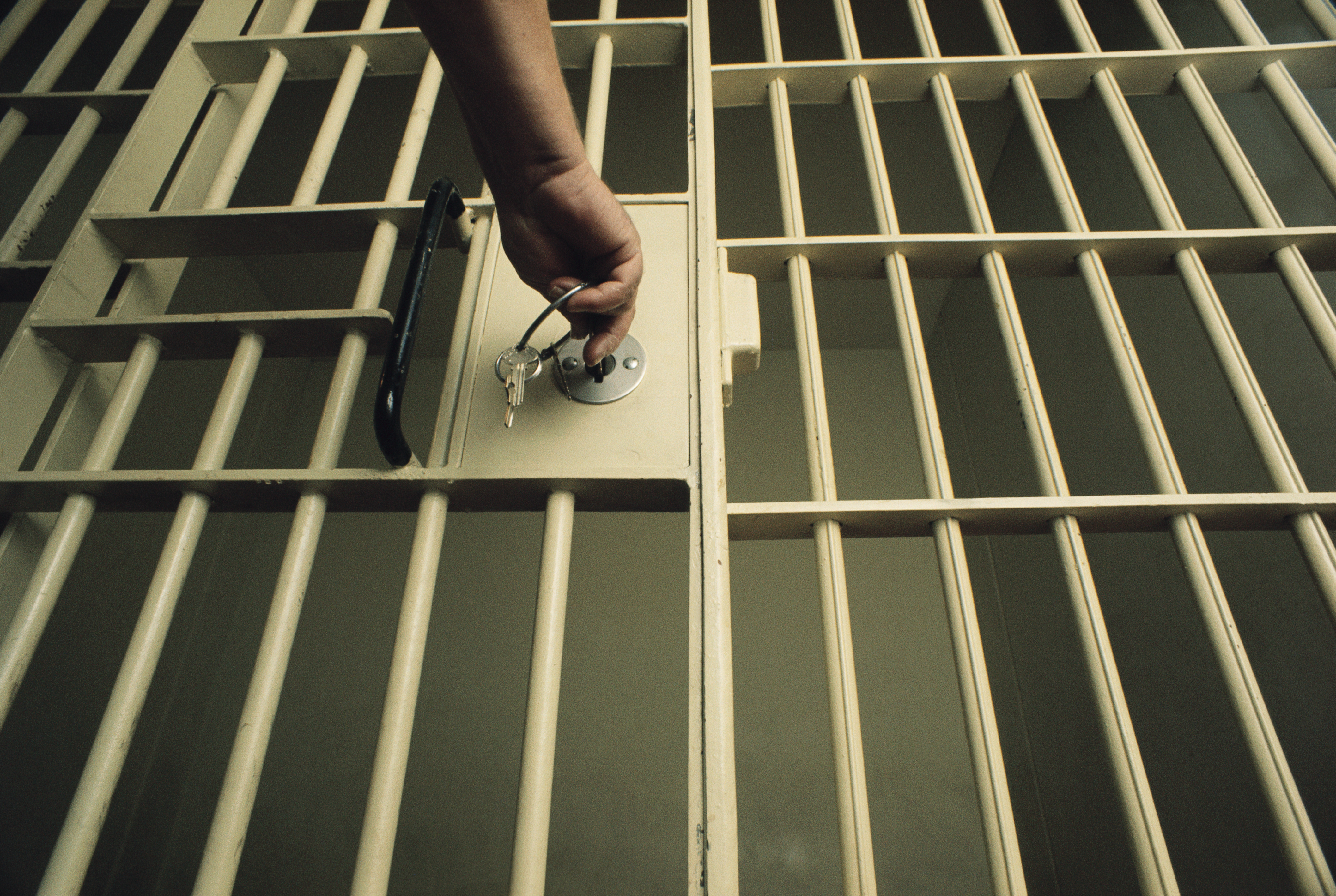What to Know
- A woman tried to board her emotional support peacock on a flight departing from Newark Liberty International Airport, according to reports
- The woman bought a second ticket for her emotional support peacock, but United Airlines refused to let the bird board the Jan. 27 flight
- The topic of emotional support animals on flights has come to the forefront in recent weeks
A colorful scene took place as a woman tried to board her emotional support peacock on a recent flight departing from Newark Liberty International Airport Saturday.
The unidentified woman alleged she bought a second ticket for her emotional support peacock, but United Airlines refused to let the bird board the flight, Live and Let’s Fly reports.
The oversized bird can be seen perched on a suitcase cart handle in photos posted on social media.
"I'm not kidding this woman is wrangling her peacock into the airport," said one woman shooting video. "Right now. Wrangling a peacock into the airport. Yep. That happens all the time."
She added, "what the hell, New York?
U.S. & World
The day's top national and international news.
United Airlines spokeswoman Andrea Hiller said in a statement the "animal did not meet the guidelines for a number of reasons, including its weight and size. We explained this to the customer on three separate occasions before they arrived at the airport."
The airline also referred to federal Department of Transportation guidelines regarding “unusual animals,” which are evaluated on a "case-by-case basis."
The topic of emotional support animals on flights has come to the forefront in recent weeks.
Top Tri-State News Photos
Delta Airlines issued new regulations on emotional support and service animals on Jan. 19 requiring passengers who want to fly with animals must provide proof of their pet's training and vaccinations 48 hours before they board.
Delta will also require passengers who bring support animals to provide a document signed by a veterinarian or licensed mental health professional verifying that their animal can behave. The new regulations will take effect March 1.
United said it is reviewing its existing policy in an "effort to better balance protecting our employees and customers while accommodating passengers with disabilities."



